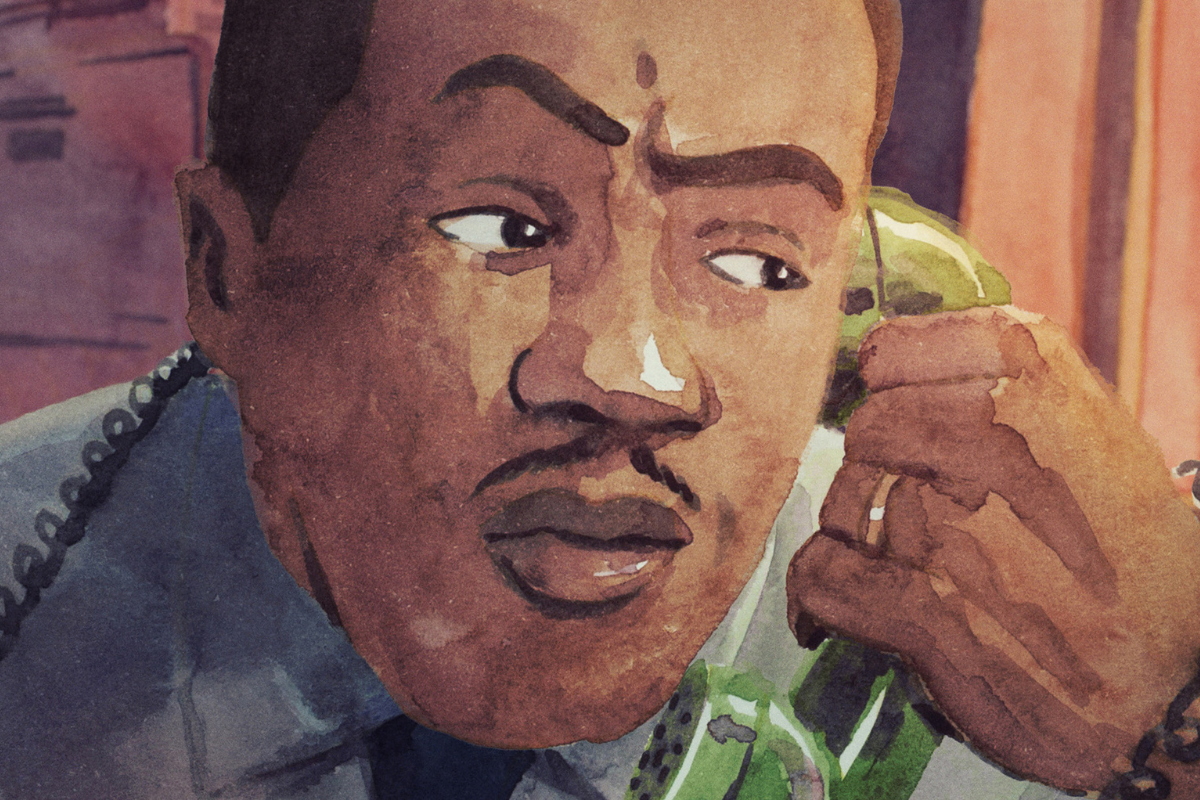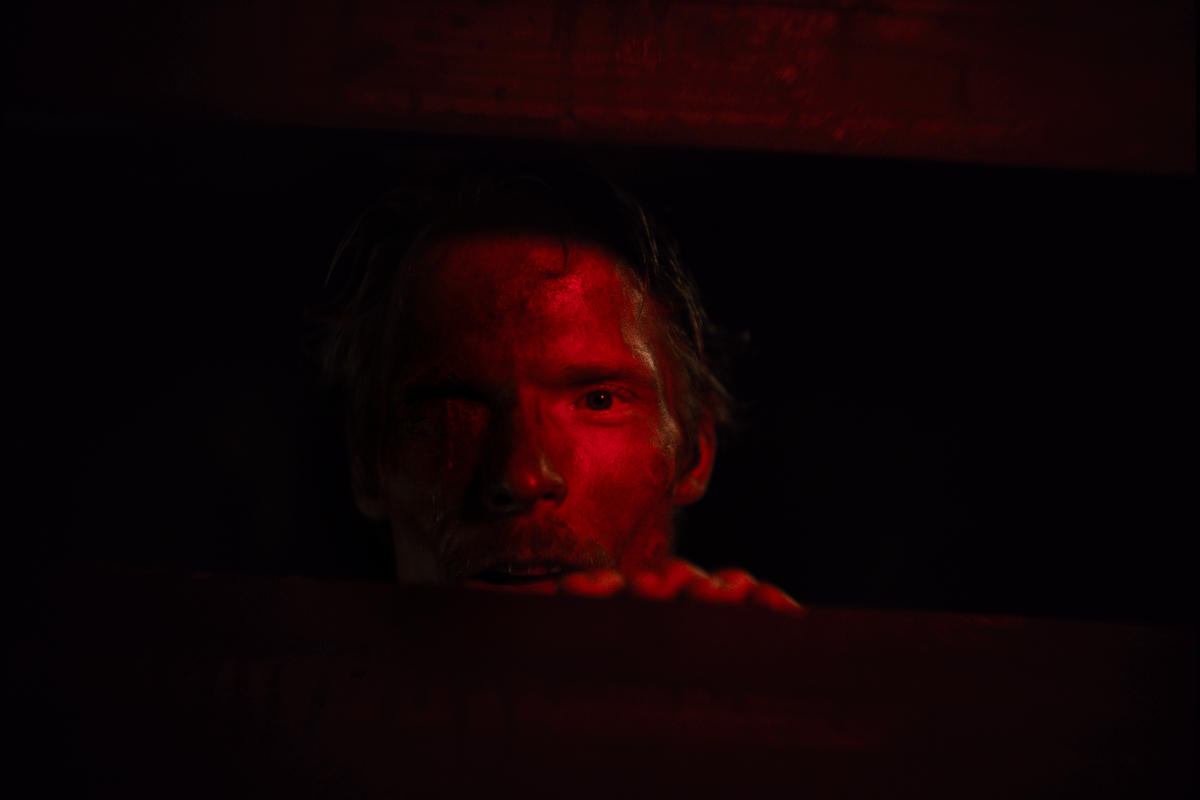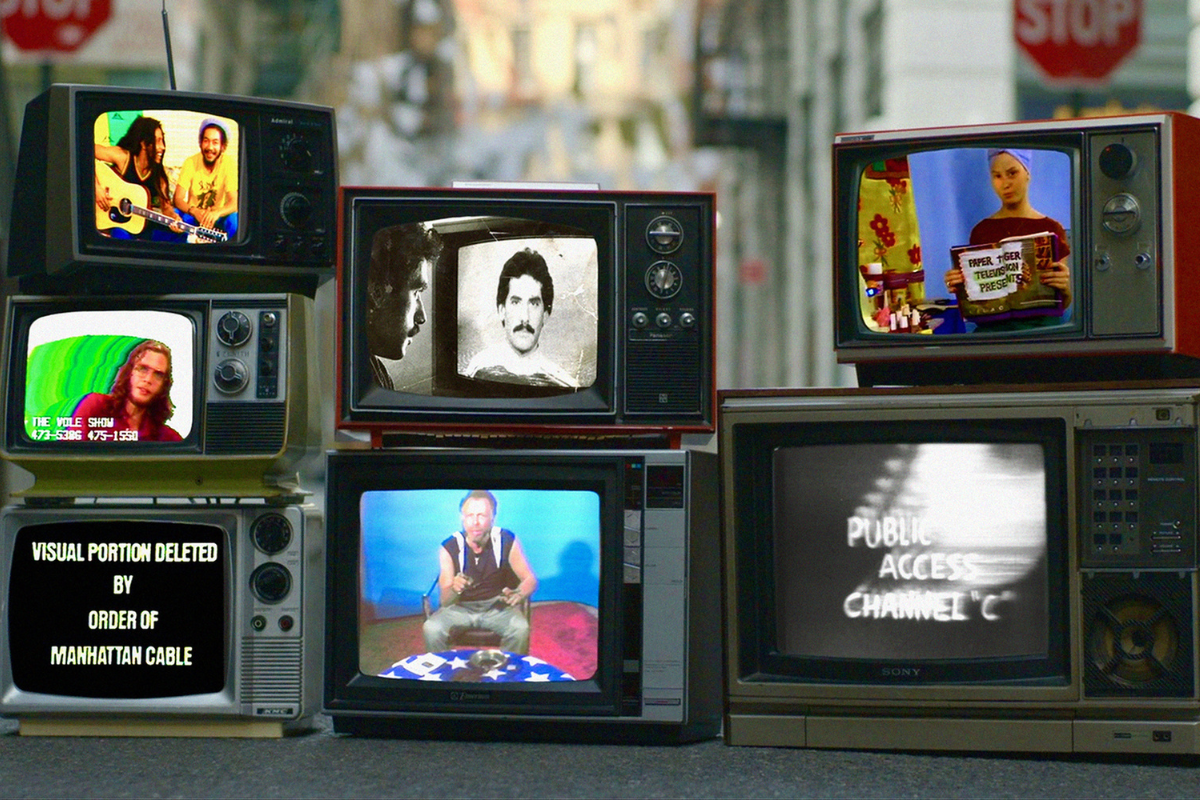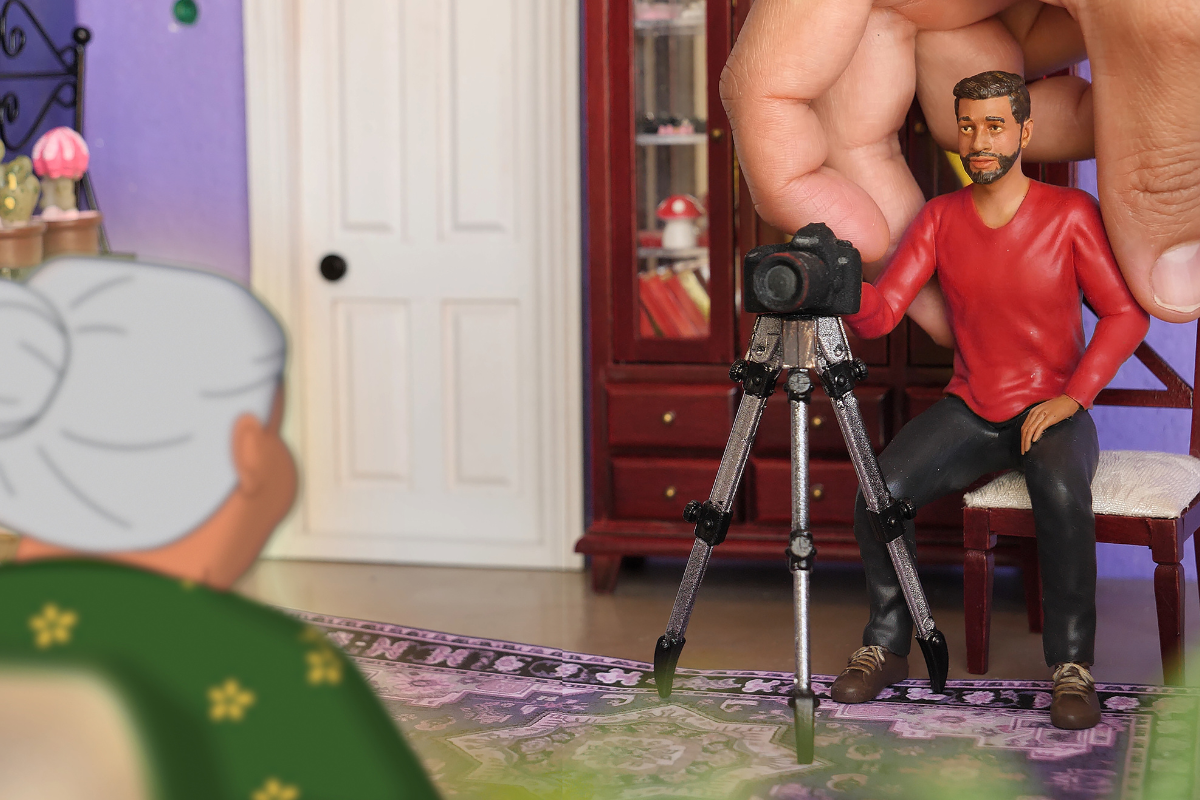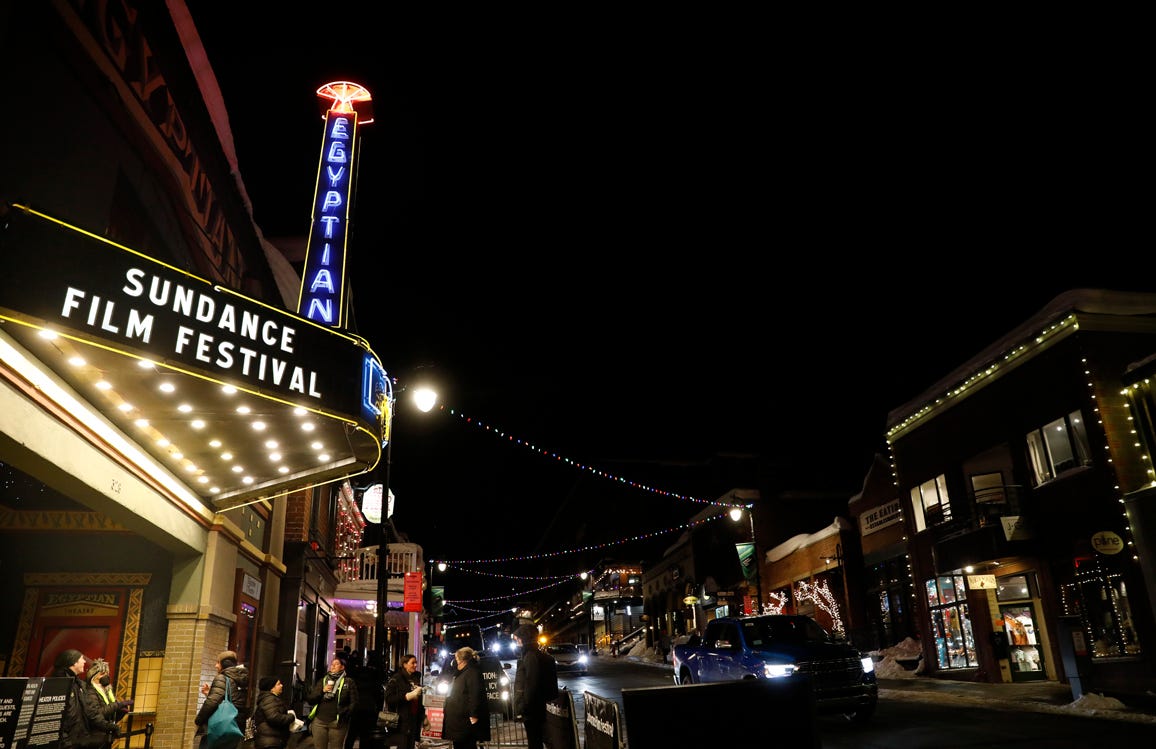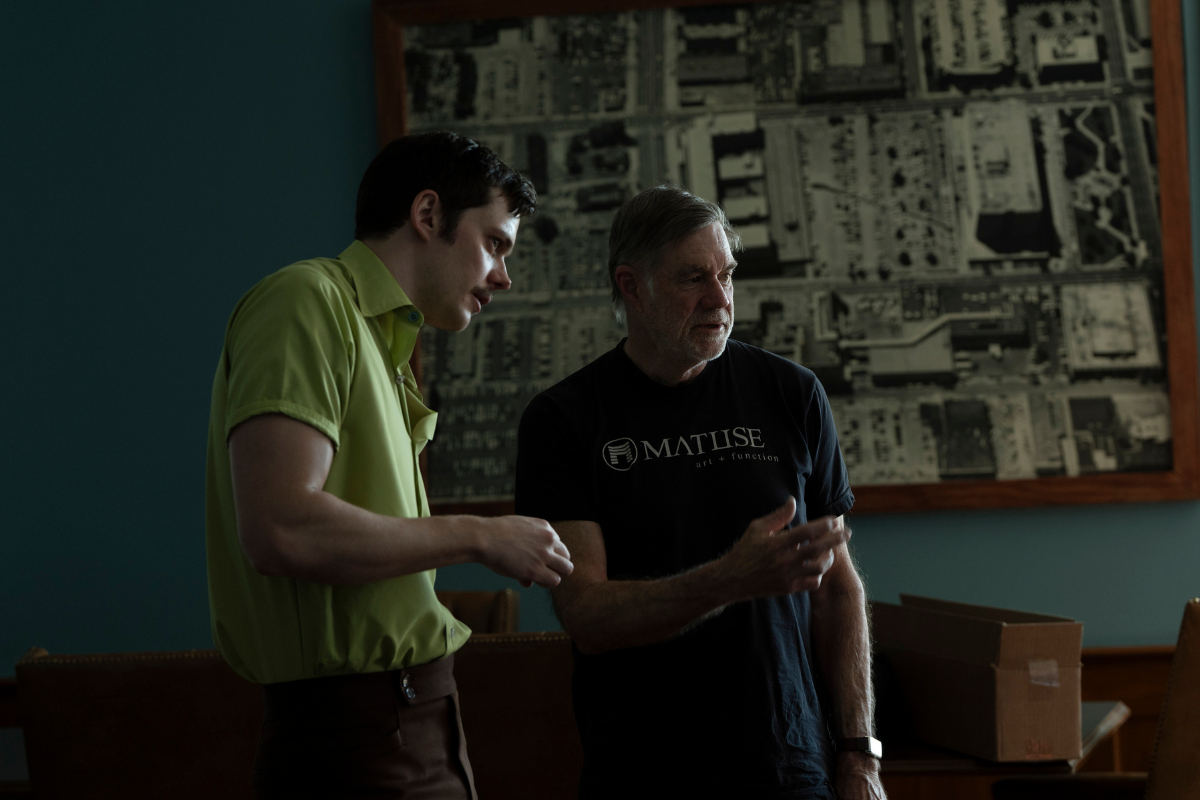INDIE SPOTLIGHT: An Interview with SXSW Feature Film ‘Pretty Problems’ Filmmakers Michael Tennant, Britt Rentschler and Kestrin Pantera
‘Pretty Problems’ filmmakers Michael Tennant, Britt Rentschler and Kestrin Pantera share with Script how this story idea came to fruition, the writing and collaborative process between the writers and director, the importance of table reads and more!
Jack and Lindsey Simpson are officially stuck. But when they get invited to a Sonoma Chateau by affluent strangers, they end up on the most unhinged weekend of their lives. With the "haves", anything goes -- including their bearings on reality. Can their relationship survive this new wild west of wealth? Do they even want it to?
Pretty Problems puts a very large magnifying glass on fading relationships and new (possible) beginnings, with a large dose of comedy. A perfect remedy for wounded hearts and for the characters in this indie film. Needless to say, I shared a lot of laughs with the creative team behind Pretty Problems, during our colorful conversation about landing on this specific story idea, the writing process between writers Michael Tennant and Britt Rentschler, and the collaborative process with their director Kestrin Pantera.
This dynamic trio shares a lot of great takeaways on being prepared, working with actors, the importance of table reads, and the editing process.
This interview has been edited for content and clarity.
Sadie Dean: Where did this initial story idea come from?
Michael Tennant: I was at SXSW in 2018, with a movie that my ex was in and produced, and we saw Mark Duplass give the second version of the Calvary Isn’t Coming speech, and I sat there and went, ‘Oh shit, the Calvary isn't coming.' And at the time, I was working in development at an indie company in LA, and I was really unimpressed with the stuff we were making. I felt like we were just making stuff so that my boss could drive a German car, eat sushi at lunch, and be next to celebrities on set. So, I started kind of working on the outline, and I could feel my own relationship starting to fracture. I think in most relationships, unfortunately, we kind of fall in love with someone's potential a lot of the time with who we think they can be, and who we think we can be when we're with them, versus who they are and who we really are. And I was really interested in exploring a story about a couple who had hit that ceiling of, 'Is this it?'
I also love comedy and I wanted to make something funny, and I have said this to Kestrin and Britt a few times, and I know they're sick of hearing it, but I just want to make stuff that therapists will like; I want to make stuff that's kind of funny, but also is going to punch you in the stomach. And I started working on the outline, I finished the outline, I got about 10 pages into the script, and I was out to dinner for my birthday in 2019, in the before times, with Britt, her husband, and a bunch of our friends who are all in the movie; and was just looking around the table and I was like, instead of trying to package this with a bunch of semi recognizable TV actors on hiatus, what if I just went and made this movie with my chosen family? And I knew it would be harder. And I knew I was taking a bigger risk by doing it that way.
Britt Rentschler: He called me and he was like, 'Listen, I just reread Brené Brown's Daring Greatly, and I am going to send you 10 pages of a script that I worked on. And it might be horrible. I don't know, I don't care. Just fucking read it and see what you think.' And so I took it to a coffee shop and I read it. And I called him immediately. In 10 pages, we knew the crux of the relationship: we have this couple and they're in bed together, and they can't finish and they finish separately but together, it's immediately present. And then we see where they work. We see why they want to go and they're at the gates of the house in 10 pages. And then the rest of the weekend was up for grabs. And so, I was immediately excited by it.
Michael and I have known each other for over a decade. We've watched each other go through horrible relationships in our 20s, we were at each other's weddings, we have seen each other go through a lot and I felt like what really matched up is that the couple stuff really resonated with me also. We started to develop Jack and Linds, it was, ‘What piece of your fight do you fight for? Why can't you see it the other way? Why can't you see it this way?’ And the idea of trying to bring all of that together. But also again, the most fun part was our first meeting, we just grabbed a bottle of Rose, and we're like, ‘What's going to happen on this weekend? What are the wildest things that we could include to really try to rock these people?’
What I loved about Michael's leadership on it was that he really let me explore the female friendship aspects of why Lindsay, at this point in her life, is willing to latch on to a stranger and what are these vacation friendships or vacation relationships or vacation talks that we all indulge in? And we say, ‘Yeah, it's going to be different this time or we're going to do this big thing.’ And where does that come from? It's a real desire. I don't think people are actively lying when they say they want to do these things, so what's underneath that? And why is everybody saying yes to this situation? Everybody has different reasons. And that's what we loved about our actress JJ, who just brought so much heart and soul and neuroses to Cat. Everybody stands to gain something from participating in this cycle, even if it's completely dysfunctional. [laughs]
Sadie: What was that collaborative process like? Were you developing specific characters and then would hand it off?
Britt: We sat down together, we got really specific about what we wanted the weekend to look like, and wild ideas for what we wanted them to go through. And then he said to me, ‘OK do you want to handle murder mystery, and I'll take like the introduction scenes of the family?’ And I was like, ‘OK.’ At the time, I'm teaching, I'm working on a show, we're doing all this stuff; three days later, he sends me the entire murder mystery scene and is like, ‘OK, I just went ahead and dove in because I got really excited.’ And that's really how it started - Michael started this out of pure drive and love and passion. And he invited me on. And he gave me the opportunity to start taking scenes on my own. But he was so excited and he just did it. And I was lucky enough to come in; he let me get my hands on the female dialogue, I kind of worked on the female perspective, the female friendships, the female ideas, and the relationships. And then we did start with some Google Docs back and forth, especially the scenes between the women - kind of working the dialogue and pitching jokes to each other and just making each other laugh. That was really our process, it was fun.
Kestrin Pantera: Yeah, I'd like to dogpile on to Michael's extremely flexible, collaborative strengths as a writer, that he really just can deliver pages like a truck. He's like a Mack truck of writing. And there were some scenes that we looked at in 2020 that I kind of had my own female gaze thing where I was like, ‘I don't think that's going to play’ and he just came back and took the note, didn't get defensive, received this opportunity, and then came back and was like, ‘What if there's a guy named Big Dick Dan’ and wrote this beautiful C story, or I guess technically I don't know if it's a B or C story --
Michael: We can call it a D story because it's Big Dick Dan.
Kestrin: [laughs] He wrote the D line! It was so cool that I think a lot of people could have gotten defensive, and I'm reading this book right now about negotiating and I always considered myself collaborative, because that's what people say about me. But when I was reading this book, I took a quiz and I was like, a three out of 11 on collaboration and was like, ‘Really? I thought I was super collaborative.’ And so, I looked at all the points that I scored low on, and all of them were directly calling out where were different and what wasn't working. And that really surprised me, because I would have thought that that would have been a more competitive or a different style of communication. And I was like, ‘Oh, I avoid conflict, and go really high to where we all agree.’ This was a really big lesson for me in collaboration that I was able to say something that wasn't working for me and it broke the whole script through to another level and I attribute so much of that to Michael's flexibility and resilience and just creativity. And he just did an amazing job. And now it's going to change the way that I look at other scripts.
I had a director who directed one of the biggest movies in the entire world watch this movie and we were talking a couple of months ago about his style of doing feedback with writers where you're like, we're 90% aligned on everything, but then what do you do with the 10% where you're off? And that's the most painful part to you. I go all the way up to where we agree. And he said, 'No, no, no. I go to what does everyone hate as quickly as possible. I try to figure out what everyone's complaining about directly as possible so that we can solve it.' And this is a lot of the time for edit, but it applies to scripts as well; let's really distill it down and get specific about what it is that you hate about this scene. And that was the first time I've done that on a script being like, ‘I hate this for this reason.’ And then him shitting gold and rainbows - it was amazing.
Michael: I will say as we were shooting, I came to Britt and Charlotte and was like, ‘I am writing a female-driven story’ and I felt a little weird telling a female story as a man. ‘I know that I'm not writing the female dialogue correctly. I know that this is not how women talk when they're alone together. Please help.’
We got on set and Kestrin really fostered an amazing environment. I think we shot about 75-80% of what I wrote; we would do it as written and then Kestrin would say, ‘Riff, just let it go. Just do one, riff, make stuff up.’ And for me who probably tries to be a little too charming and a little too colloquial I had a really hard time being the sad sack in the script that I regretted the entire time that I wrote myself the sad-sack role and not the fun parts - but Kestrin really created an environment where we were all kind of on our toes in a really good way the whole time we were working. Also, every time we ran into any conflict, Britt, Kestrin, and I really were able to in a very Brené Brown way work through it and talk through it. Our whole thing the entire time making this movie was best idea wins. And I feel really proud of that and I feel really good and I'm really grateful that we found Kestrin and we were able to just create this thing and kind of live and live together and make this thing. She's a real treat, after you get through the salty part of her.
Sadie: [laughs] Kestrin, how did this script get to you and what was your initial reaction and connection to the material?
Kestrin: I’ve written and directed two movies, and this is the first film that I've directed that I didn't write the script and a witch off of the internet, anonymously emailed me with this amazing introduction email that made it seem like definitely I wanted to do this. All the pieces were together, it had talent, and it had a location and it was all put together and ready to go they just needed this missing piece - that was me. And they had seen my last movie at SXSW called Mother’s Little Helpers, and they really wanted to have that level of performance reflected in their own performances. And I was like, ‘OK!’ And so we met and then afterwards, I found out that Britt eavesdropped on me at the airport at Sundance.
Michael: I think she stalked you. [laughs]
Kestrin: I had on a big white furry hat and a big white fur coat, and she recognized it from Instagram. And I was with a person who was being difficult at the airport.
Britt: [laughs] I was traveling alone to Sundance and you know, you people watch. And I watched this interaction happen, I'm also an empath, which is you pick up on people's things, so I was watching the situation happen and I was like, ‘Oh shit, how's this gonna go?’ And then I watched her manage it. And I was like, ‘Oh, that was really good.’ And then lo and behold, months later, Kestrin and I are meeting, we're talking about this script, we all go home, Michael and I are talking about how wonderful she is. I go to follow her socials, and I see her at Sundance in that giant fur hat and giant fur coat, and I was like, 'What, that's her! We’re hiring her!' I already knew I wanted her. But I had already seen her, unbeknownst to her negotiating and making things work. And it's a collaborative nature that Kestrin has, but she also has this really strong leadership point of view. And those two together is what makes it work so sweetly.
Kestrin: So, she witched me and then she sent me the script, and the script was fucking hilarious. It was like, ‘Easy, done.’ I said to them, ‘This is totally 90% there, there's just some tiny surgical adjustments in that 10%. Let's see if we can approach that 10% together and see how it goes.’ Because, you know, it was his baby. I was ultimately in service to his vision and his story. And the 10% was really about helping him get over the finish line of what his initial vision was. The last 10% was about landing the arcs of these amazing people that he created. I actually did the math with my husband and counted up every scene that I tweaked, and it was five scenes out of 55 scenes and it literally added up to 10%. So scientifically and statistically, it was exactly 10% off. But in the moment where we were having these discussions, it felt like a fucking chasm.
Michael: I got this amazing text from Kestrin after she'd come on to the project and she said, ‘This is your baby. I'm just gonna be your doula.' And I was like, ‘Yep, we made a good decision.’
Britt: And Kestrin is so good about structure and that's really what it was. It's like those five arcs that landed. Michael and I would do these table reads with our friends, and we would record them and then we would listen to them and go through the absolute pain of hearing when the jokes didn't land or hearing when something wasn't working. And then particularly with Jack and Linds, it's like, we would work a version where everyone would be like, ‘Oh, Linds is awful.’ And we're like, we messed it up. And then we go back and they’d be like, ‘Jack is the worst.’ Michael said this thing where they don't have to be likable, they have to be relatable. And if they're relatable, they will be likable. And so that was a big part of it. Kestrin came in saw the other arcs that A B, C, D stories - Big Dick Dan - and just kind of had more of a bird's eye view on let's make sure everybody's landing as well. And it really was that structural genius that helped us. It's like gymnastics, you got to land the dismount, you know what I mean? And Kestrin came in and was the finisher.
Kestrin: And Michael, as Britt said about the first 10 pages, Michael is just a killer at starting a movie. And I felt like with the last one I did, I really learned how to end a movie. I was really proud of that. But I was always kind of looking back, ‘How could I have done the first 10 better?’ And with Michael, I was like, ‘OK, this is great. We got our ten. I'm happy to dig deep on the last ten.’ And it was all with his blessings and permission because it's his child, but it was really fun and refreshing to be able to do that. And also to learn how to have those types of creative, collaborative conversations. There's never tension in it. But I think a lot of the tension comes from the inside. I'm always afraid to say if something's not working, so I have historically danced around and been like a timid kindergarten teacher, freezing. And when we got closer to it, I was finally able to be like, ‘Here's what's not working and here's why.’ But that's why Michael and Britt were so great to work with because when I was able to get the balls to articulate the ‘what’ and ‘why’ they proposed these phenomenal solutions.
Britt: It was so exciting! Sadie, back to your original question about how did you guys do this? Did you pass pages back and forth? If we tried to organize how this happened, it was like: text threads at 1:30am, Google documents at 2am, meetings at the kitchen table at 10am, staying up after everybody else goes to bed, having a glass of wine, figuring things out. It was so many different formats, that I think the common thread was everybody was so excited to problem solve and collaborate. I never left those meetings feeling depleted. I never thought, ‘Oh my God, we have to fucking fix this.’ It was like, ‘What are we going to do next? How are we going to figure it out?’ And it was so wonderful.
Kestrin: And a table read doesn't lie. You don't have to have tension on set, you don't have to get to that point where everyone's all butt hurt. If everyone listens to the table read, you'll know when you have a problem, you don't have a problem because someone's pissed you have a problem because no one's laughing.
Sadie: Right. And I’m curious Kestrin, what was the editing process like for you?
Kestrin: Similarly, the edit doesn't lie if it lands like a hot turd, and everyone feels uncomfortable afterwards. You look for trends of where everyone felt the worst and you're like, ‘OK, everyone feels really bad during this blowjob scene, we're going to cut the blow job.’ I am an editor and I have a really strong editing background and I'm an actor too, so performance is all I give a shit about. And then I know that Britt's going to be filming a TV show and be off in Baton Rouge for six months being a TV star and I'm going to be stuck alone in a basement in an editing bay in the dark wishing that I had gotten that one take with an alt ending. That's one part of this being my third feature that I've gotten the confidence that was the big takeaway from my last movie where I knew to just say that to the actors and be like, ‘I just need you to give me this one alt - we're doing our reshoot right now so that we're not fucked when you're off in Baton Rouge making millions of dollars. Give me what I need please.’ And the editing process was very collaborative with the with the editor. A lot of it was just dive in mode - put the scenes together and get it in a timeline as soon as possible so we can see what sucks. And that was a marathon. There were moments where I edited it, or we had a great person do all of our overarching primary assembly, and then another editor with a focus on comedy came in and fine-tuned it. And then when it got really overwhelming with SXSW deadlines, I came and did a little bit, but I was really dialed into the timeline at all points in time. And we got this first long three-hour version. I had my husband watch the first one on a Monday, then we recut everything that was just super, obviously, a dud. And we watched it again on Tuesday. And I invited Britt and Michael to that one.
Michael: It was two hours and 25 minutes. And we finished it and we were like, ‘Holy shit. We made a movie. Yeah, that's too long. We're not Judd Apatow, we can't get away with this.’
Kestrin: And then Wednesday, I recut it. And then I showed it again to some writer friends on Wednesday and Lindsay was coming up a little too bitchy for that one. So, we recut it and shaved it down and showed it to another group of fresh eyes on Thursday. And that was when we had to kill the blowjob scene. And there was scene where she said, ‘Do you want to unload?’ And they have an awkward blowjob. And she did one take where Britt went off script, ‘No, I don't want to.’ And it gave me a hard cut out to eliminate that scene. But she only did it in one take and it was improv. And then by Friday, it was clear that we had a movie that we didn't have to be totally ashamed of.
I gave everyone a sheet with a list of all the scenes, and then everyone writes their thing and you just look for trends in the feedback, you don't look for opinions. The big difference in the edit is opinion versus trend. If multiple people are confused about why a person did that or who a character is that's a trend. And if someone thinks that it would be funnier if the movie took place on a boat that's an opinion and I don't care about that. I did this with Mother’s Little Helpers too, we did that in furious five days sprint getting ready for whatever the deadline was. And then we did weekly screenings after that and just kept testing. Every time we make a change, I have to screen it for some virgin eyes to see if the laughs get higher or lower. But that's the process. It's not like me versus Britt and Michael at any point in time, it’s us as a unit versus the feedback trend.
Pretty Problems has its World Premiere at SXSW on Monday, March 14, 2022 11:30am at the ZACH Theatre.


